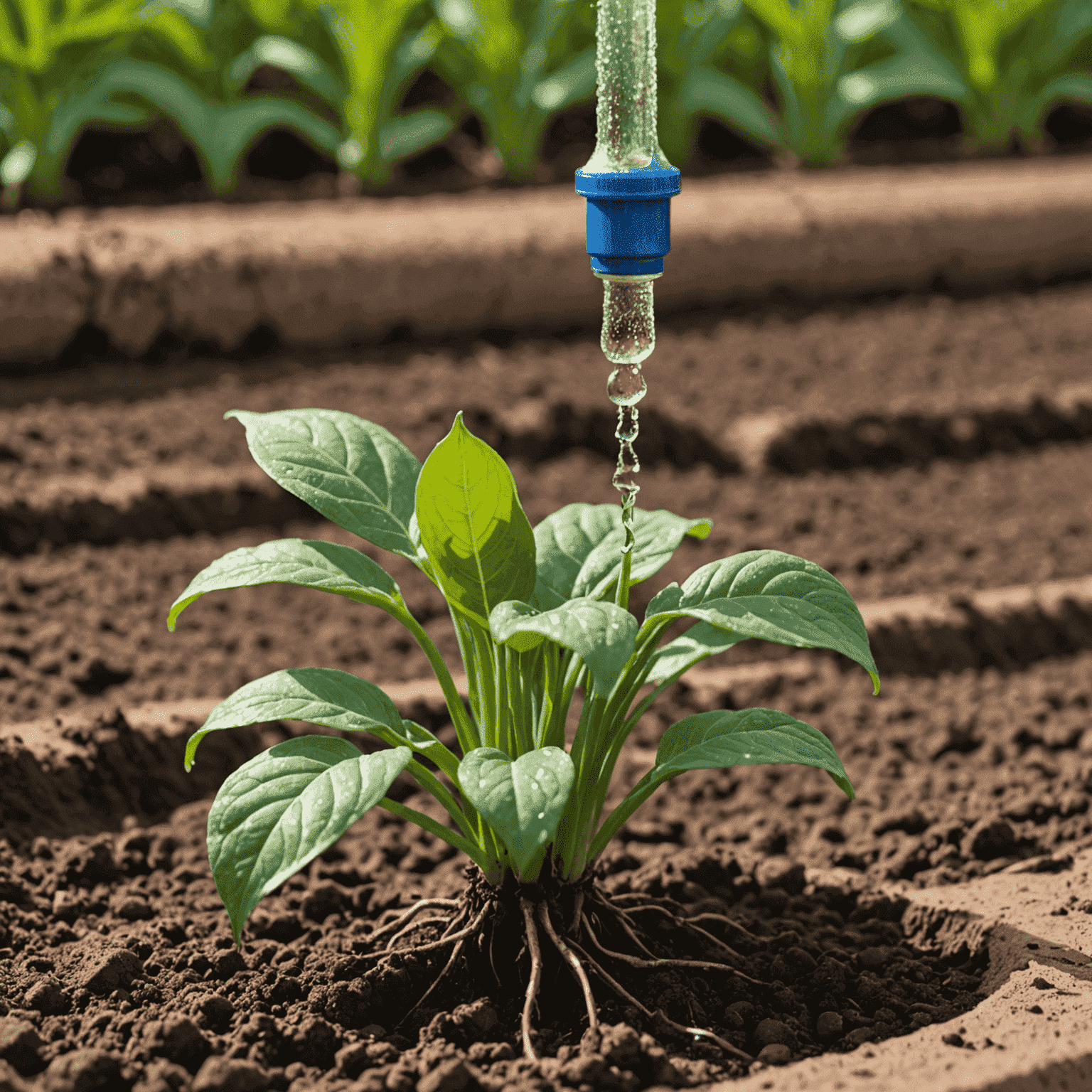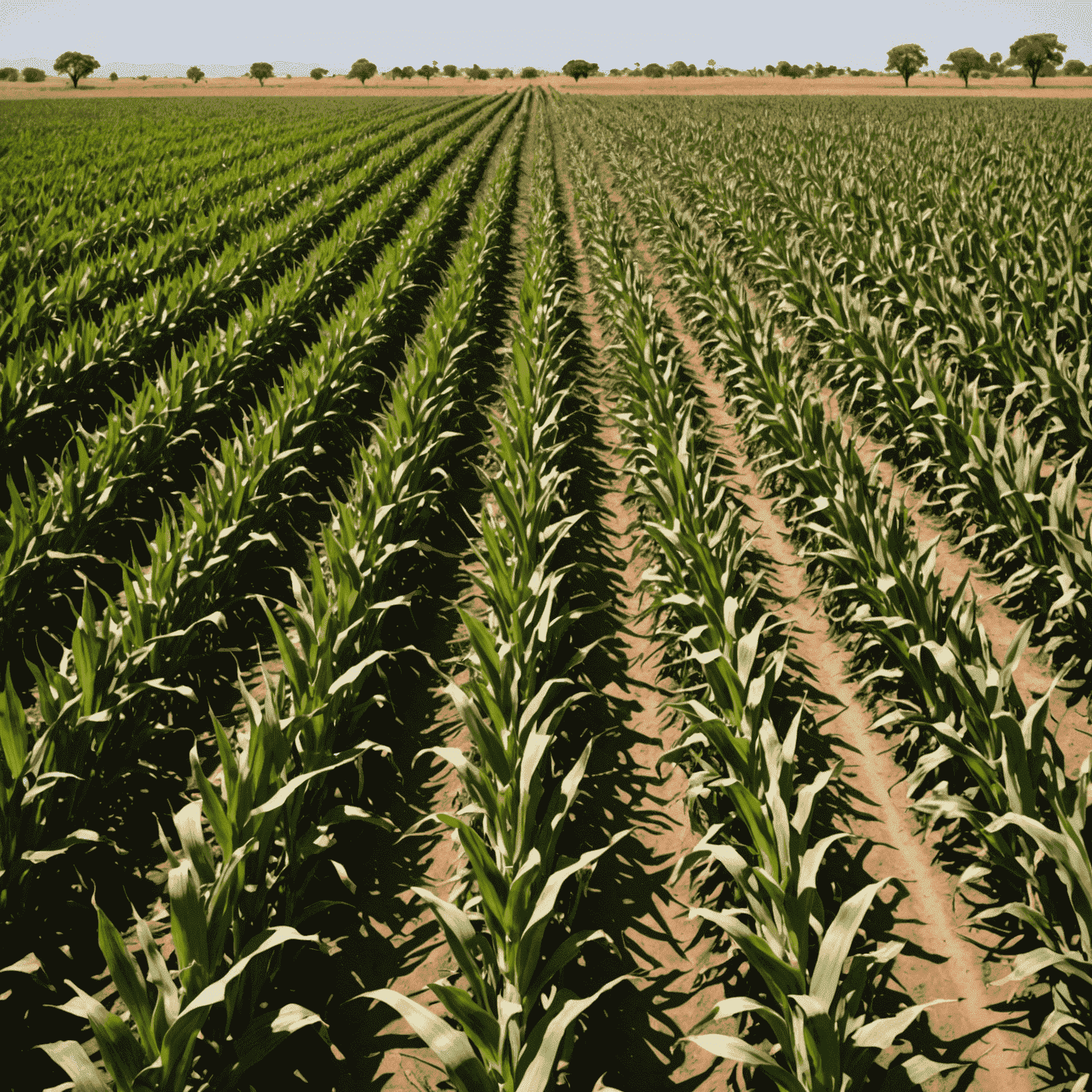Innovative Irrigation Techniques for Water Conservation

As South African farmers face the challenges of changing rainfall patterns due to climate change, innovative irrigation techniques are becoming crucial for water conservation and sustainable agriculture.
Adapting to Climate Change
Climate change is significantly impacting South Africa's agricultural sector, with unpredictable rainfall patterns posing a major threat to crop yields and food security. To address these challenges, farmers are turning to advanced irrigation methods that maximize water efficiency while maintaining crop productivity.
Drip Irrigation: Precision Water Delivery
One of the most effective water-saving techniques gaining popularity among South African farmers is drip irrigation. This method delivers water directly to the plant roots, minimizing evaporation and runoff. By using drip irrigation, farmers can reduce water usage by up to 60% compared to traditional flood irrigation methods.

Smart Irrigation Systems
Incorporating technology into irrigation practices, smart irrigation systems use sensors and weather data to optimize watering schedules. These systems can automatically adjust water output based on soil moisture levels, temperature, and rainfall forecasts, ensuring that crops receive exactly the amount of water they need, when they need it.
Rainwater Harvesting
To make the most of limited rainfall, many South African farmers are implementing rainwater harvesting systems. These systems collect and store rainwater for use during dry periods, reducing reliance on groundwater and other water sources. Large-scale rainwater harvesting can significantly contribute to water security in agriculture.
Drought-Resistant Crop Varieties
While not an irrigation technique per se, the adoption of drought-resistant crop varieties is an important complementary strategy. These specially bred crops require less water and can withstand longer periods of drought, making them ideal for regions experiencing irregular rainfall patterns.

Financial Implications and Planning
Implementing these innovative irrigation techniques often requires significant upfront investment. Farmers need to engage in careful financial planning to ensure the long-term benefits outweigh the initial costs. Consulting with agricultural financial advisors can help in creating a sustainable investment strategy for irrigation improvements.
Looking to the Future
As climate change continues to affect South African agriculture, the adoption of water-conserving irrigation techniques is not just an option, but a necessity. By embracing these innovations, farmers can ensure the sustainability of their operations, contribute to food security, and build resilience against changing weather patterns.
The journey towards water-efficient farming is an ongoing process of adaptation and learning. As new technologies emerge and our understanding of climate patterns evolves, South African farmers will continue to play a crucial role in shaping the future of sustainable agriculture in the face of climate change.